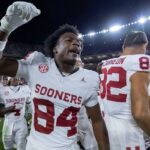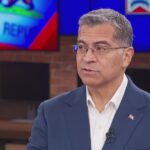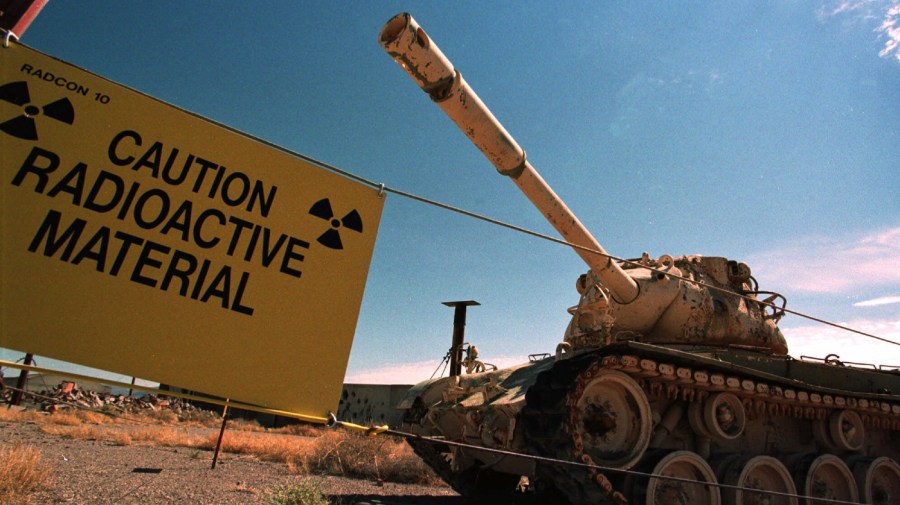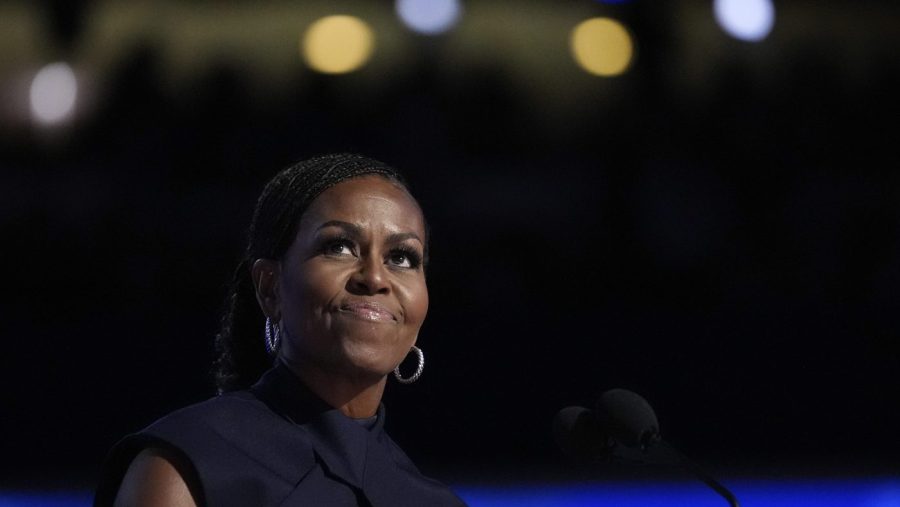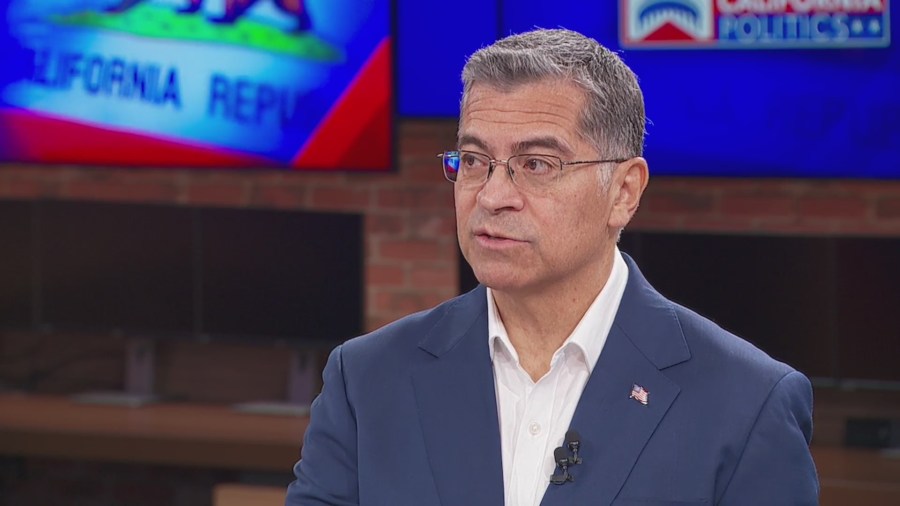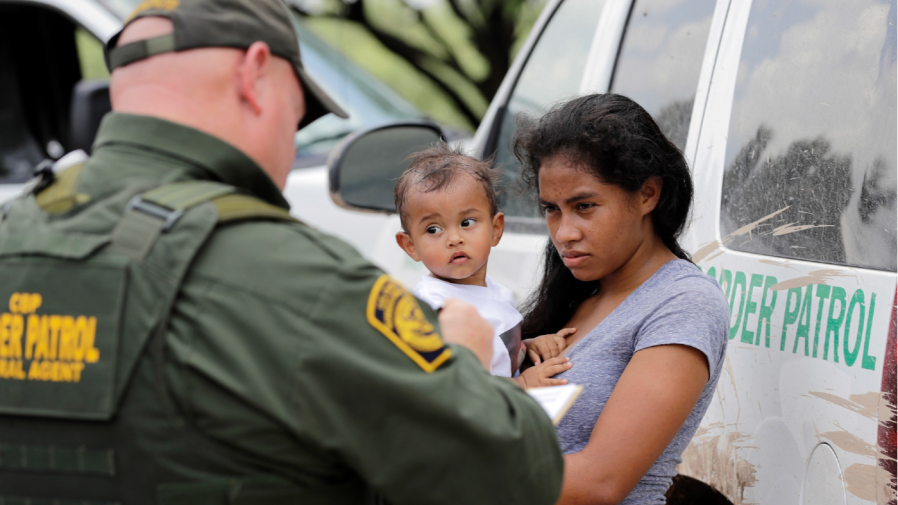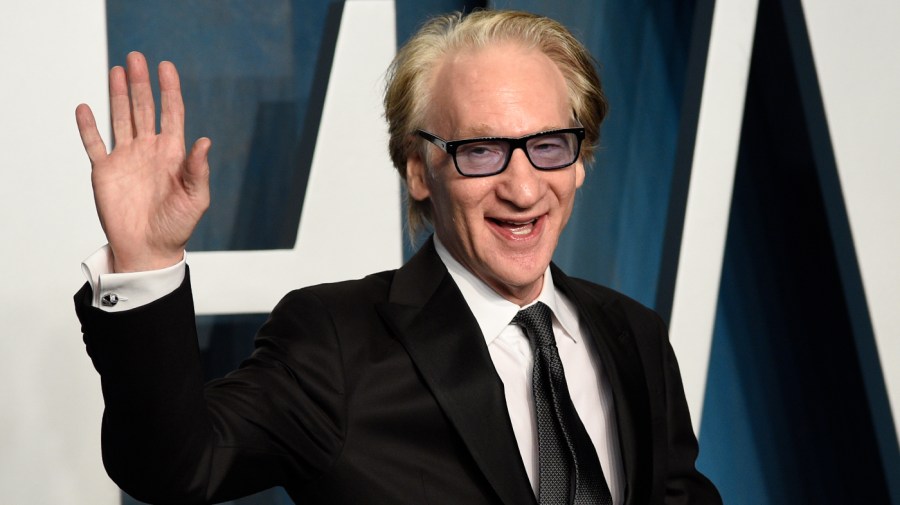
President Trump’s call to resume nuclear testing was dashed this week when Energy Secretary Chris Wright said the United States would not resume explosive testing, which was last done in the 1990s.
“I think the tests we’re talking about right now are systems tests. These are not nuclear explosions. These are what we call non-critical explosions,” Wright told fox news On Sunday.
This doesn’t line up with Trump Your comments on CBS’s “60 Minutes” which also aired over the weekend, in which he alleged that other countries were conducting secret underground nuclear tests and said that the US would do the same.
“Are you saying that after more than 30 years, the United States is going to start detonating nuclear weapons for testing?” Norah O’Donnell asked Trump.
“I’m saying we’re going to test nuclear weapons like other countries, yes,” Trump responded, naming Russia, China, North Korea and Pakistan.
There is no public evidence that any foreign nation has conducted an explosive nuclear test since North Korea’s last known test in 2017. There have been allegations that Russia and China have conducted covert, low-yield nuclear tests, which were reported by CIA Director John Ratcliffe. What is suggested? This is what Trump was referring to in his remarks.
But what Trump is proposing would appear to be full-yield tests like the hundreds conducted at the Nevada Test Site during the Cold War, and which have only been conducted by North Korea since the 1990s.
This has put the spotlight on the debate over whether the US should maintain the status quo or try to increase its nuclear power by reviving the Nevada testing grounds.
During Trump’s first term, his National Security Advisor Robert O’Brien wrote an articleforeign AffairsLast year it advocated resuming testing and production of nuclear material if Russia and China refuse to engage in arms control talks.
He wrote, “The United States must maintain technological and numerical superiority over the combined Chinese and Russian nuclear stockpiles. To do this, Washington must test new nuclear weapons for reliability and safety in the real world for the first time since 1992 – not just using computer models.”
Daryl Kimball, executive director of the Arms Control Association, has been a leading voice against the resumption of testing, warning that it would give a green light to other nuclear powers.
“We will see a chain reaction of nuclear testing that will benefit other nuclear-armed states more than the United States, because they have less experience with nuclear weapons design, nuclear testing,” Kimball told The Hill.
He rejected the suggestion that real-world testing is needed to make sure the US nuclear arsenal works. “This is a misconception that is only spoken by people, like [Vice President] J.D. Vance, who does not understand how the US nuclear arsenal is maintained over time.
Vance last week defended Trump’s initial social media posts calling for nuclear testing.
“It’s a critical part of American national security to make sure that the nuclear arsenal that we have actually works properly,” Vance told reporters. “To be clear, we know it works well, but you have to top it up over time, and the president just wants to make sure we do that.”
The White House did not respond to specific questions for this article, referring to Trump’s public comments. The Energy Department did not respond to a request for comment.
Bob Peters, senior research fellow for strategic deterrence at the Heritage Foundation, echoed Vance and O’Brien, comparing America’s nuclear arsenal to a 1975 Cadillac that was never driven. He also argued that the President should have nuclear testing in his foreign policy quiver, whether or not he ultimately decides to use it.
Such tests, he said, would allow the president to send a message that an adversary “is getting very close to a threshold for me personally, at which I might feel compelled to deploy nuclear weapons… and to get your attention, I’m going to shake the Nevada desert.”
“And I don’t know what crisis that would force the president to go down that path. But then again, given how many states have fully modernized their nuclear arsenals, they clearly place real value in these capabilities. You want some kind of symmetric response that the president can employ to get us out of that crisis,” Peters said.
Trump’s suggestion of resuming nuclear testing has already prompted Russian President Vladimir Putin to respond in kind. Speaking at a meeting with his Security Council on Wednesday, Putin said Moscow would resume nuclear testing only if the US does so first, but he instructed officials to analyze Washington’s intentions and work on proposals to resume nuclear weapons testing.
Trump’s threats came after Moscow’s high-profile tests of nuclear-capable weapons systems, although those tests did not involve nuclear explosions.
China denied Trump’s claims that it had conducted nuclear tests and called on the US to “take concrete actions to safeguard the international nuclear disarmament and non-proliferation regime and maintain global strategic balance and stability.”
Pakistan also denied Trump’s allegation, with a senior official telling CBS News, “Pakistan was not the first country to conduct nuclear tests and will not be the first country to resume nuclear testing.”
Kimball at the Arms Control Association said foreign countries have been trying to understand Trump’s threats for the past week and are preparing a response. He warned that if Trump moves forward, he may face obstacles.
Kimball said, “The President alone cannot order a resumption of testing overnight. It requires time, millions of dollars, engineering, physicists, and it requires people to do it.”
Congress could take action to impeach Trump or block funding for the construction of underground shafts and other infrastructure needed for nuclear testing. Kimball said Nevada could also file a lawsuit to stop the tests on environmental grounds.
Nevada Democrats are alreadypound the alarmOn Trump’s intentions.
“We write to express our outrage and categorical protest at President Trump’s reckless directive to resume explosive nuclear weapons testing and demand clarification,” members of Nevada’s congressional delegation wrote in a letter to the administration on Monday.
,[T]”Even thinking about detonating a nuclear weapon on American soil is a betrayal of science, security, and the American people,” he said.
The Heritage Foundation’s Peters said he takes such concerns seriously and is not enthusiastic about the prospect of nuclear testing. But he said it should be an option. As things stand, he estimates it will optimistically take two to three years to prepare the site and conduct underground testing.
Faced with nuclear provocations from North Korea and Russia, as well as China’s rapid build-up of its arsenal, Peters said, “We should be concerned and take the necessary steps to conduct nuclear tests in a relatively short period of time, measured in months, not years.”



